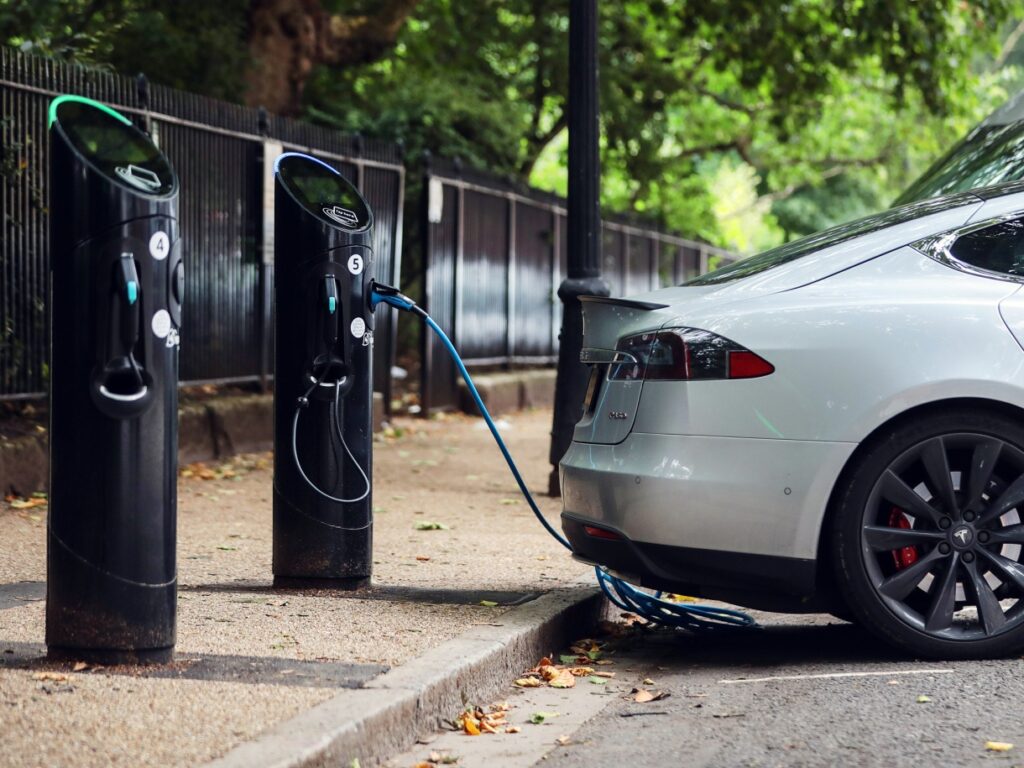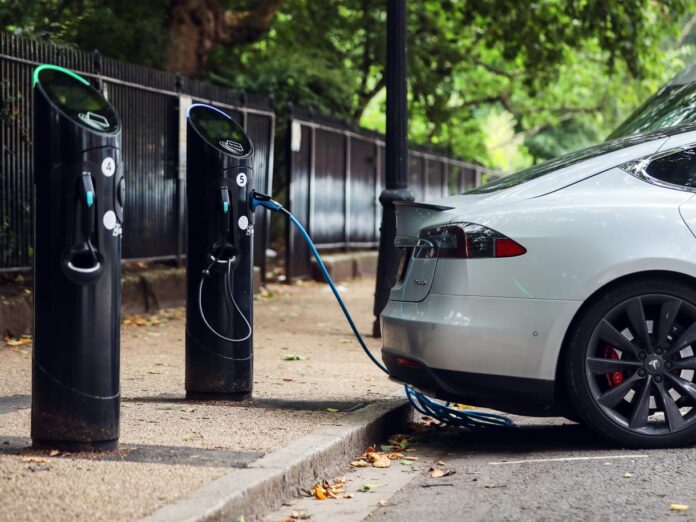In order to close the EV charging gap and accelerate the widespread adoption of electric vehicles (EVs), startups have a significant role to play. With the United States and other countries setting ambitious goals for EV usage, there is a growing demand for an extensive and accessible charging infrastructure. Although major automakers are taking steps towards building more charging stations, there is still a vast distribution challenge that needs to be addressed. This presents a massive opportunity for startups focused on the EV charging space. By leveraging innovative technologies and adopting the right strategies, startups can contribute to bridging this gap and ensuring convenient access to charging stations, ultimately driving the transition to a future where EVs are the norm.

Opportunities for Startups in the EV Charging Space
As the world shifts towards a more sustainable future, electric vehicles (EVs) have gained significant traction. However, one of the biggest challenges that come with the widespread adoption of EVs is the lack of sufficient charging infrastructure. This presents a significant opportunity for startups to enter the EV charging space and contribute to closing the EV charging gap. Here are several opportunities for startups to consider in this rapidly growing industry.
Use AI for smart energy
Artificial intelligence (AI) has the potential to revolutionize the way energy is managed and optimized in the EV charging space. By utilizing AI algorithms, startups can develop intelligent systems that balance the energy demand, distribution, and scheduling of EV charging. This can result in efficient utilization of energy resources, lower costs, and a better user experience for EV owners. AI can also help manage the grid, charge vehicles during off-peak hours, and ensure that there is always enough charge available for the next ride.
Apply charging analytics and data insights
Predictive maintenance and operational reliability are critical aspects of EV charging infrastructure. Startups can leverage charging analytics and data insights to identify potential issues before they become problems, thus minimizing downtime and ensuring that charging stations deliver a reliable and consistent charge. By utilizing data-driven insights, startups can optimize charging station performance and provide a seamless charging experience for EV owners.
Design flexible charging solutions
As the EV market continues to evolve, there are different charging standards and hardware types in use. Startups can focus on designing flexible charging solutions that are compatible with various charging standards, ensuring widespread appeal and usability. By developing charging infrastructure that can adapt to different types of hardware, startups can cater to the needs of a diverse customer base and position themselves for rapid growth and market expansion.
Target the global market
The EV market is not limited to a single country or region. Startups that have the ambition and vision to target the global market can tap into the vast potential of the EV charging industry. By providing solutions that cater to the needs of EV owners worldwide, startups can position themselves as key players in the global EV charging ecosystem. It’s essential for startups to stay nimble and responsive to market dynamics to succeed on a global scale.
Leverage government funding
Governments around the world are investing heavily in EV charging infrastructure as part of their sustainability initiatives. Startups can leverage government funding programs and incentives to accelerate their growth and expand their operations. By aligning their strategies with government initiatives and positioning themselves where funds are flowing, startups can create added value for employees and investors while contributing to the wider adoption of EVs.
Fill the distribution gap in the U.S.
While efforts are being made to expand the EV charging infrastructure in the United States, there is still a significant distribution gap that needs to be addressed. Startups can focus on filling this gap by targeting hard-to-reach locations that are often overlooked by larger infrastructure projects. By providing charging solutions in these underserved areas, startups can promote equitable access to EV charging and contribute to the widespread adoption of EVs in the U.S.
Understand the customer
To succeed in the EV charging space, startups must have a deep understanding of their customers’ needs and preferences. This includes not only the convenience and accessibility of public charging stations but also the importance of home charging. Over 64% of EV charging happens at home, and startups should consider expanding their reach to this critical segment. By tailoring their charging solutions to meet the unique requirements of EV owners, startups can enhance the overall user experience and drive wider EV adoption.
Give customers a variety of ways to pay for charging
In a global market, payment preferences vary across regions. Startups should consider offering a variety of payment options to accommodate different customer preferences. This can include smartphone apps, RFID cards, or contactless payments like QR codes. By providing easy and convenient payment methods, startups can remove barriers and make the charging process more seamless for EV owners.
Navigating the Challenges of the EV Charging Market
entering the EV charging market comes with its fair share of challenges. The crowded and competitive landscape means that startups must differentiate themselves and offer unique value propositions. Long sales cycles and the need to align with multiple stakeholders along the value chain can make the go-to-market journey arduous. However, with the right strategies and perseverance, startups can overcome these challenges and thrive in the EV charging space.

Collaboration for Widespread EV Adoption
While startups have a significant role to play in closing the EV charging gap, they cannot do it alone. Widespread EV adoption requires collaboration among industry stakeholders, government entities, and charging network operators. By collectively addressing the challenges of EV charging infrastructure, we can pave the way for a future where EVs are the norm and the charging infrastructure seamlessly supports the growing number of EVs on the road.
In conclusion, the opportunities for startups in the EV charging space are vast and promising. By utilizing AI, leveraging data insights, designing flexible charging solutions, targeting the global market, and capitalizing on government funding, startups can contribute to closing the EV charging gap. Additionally, filling the distribution gap, understanding the customer, and offering diverse payment options are essential for startups to thrive in this competitive market. With collaboration and innovation, we can pave the way for widespread EV adoption and a more sustainable future.













